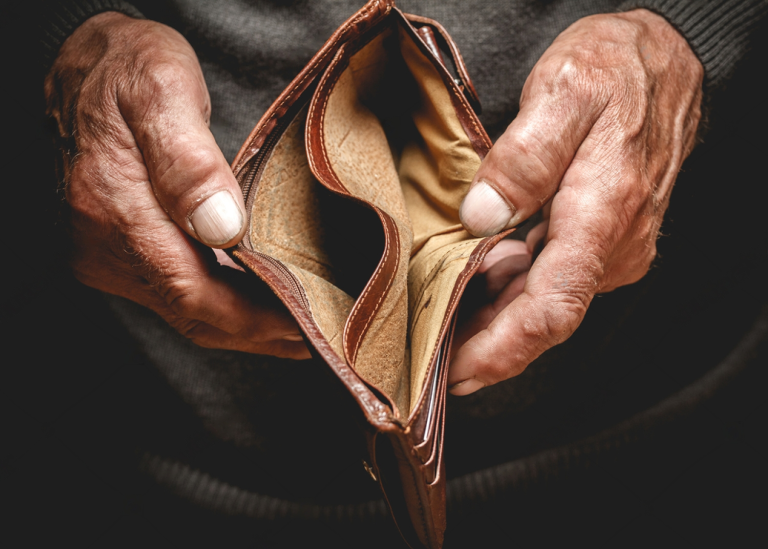Period poverty refers to the lack of access to affordable and hygienic menstrual products, as well as to proper facilities for managing periods. This lack of access can have serious consequences for girls and women, particularly in developing countries.
There was once a young African girl named Amara. She lived in a small village in South Africa where resources were scarce and many people lived in poverty. When Amara first began menstruating, she was embarrassed and didn’t know what to do. She didn’t have access to sanitary pads or tampons, and her family couldn’t afford to buy them for her.
One day, while Amara was at school, she felt a sudden rush of blood. She panicked and looked around for something to use to wipe herself. All she could find was a dirty rag that she had used to clean her hands earlier that day. She used it to clean herself up, feeling embarrassed and ashamed.
As the day went on, Amara struggled to concentrate in class. She was uncomfortable and self-conscious, and she couldn’t wait to go home and change the rag. When she finally made it home, she washed the rag as best as she could and hung it up to dry. She hoped that no one would notice that she was using a dirty rag to manage her period.
Amara knew that this wasn’t a sustainable solution, and she wished that she had access to proper menstrual products. She hoped that one day things would be different. Neither her Guardian nor her maternal parent could best help her with what she was going through. “When the AS foundation heard of Amara’s incident, it was evident that we were doing the right thing to support the future leaders of the world.” Said Katherine Bester, a volunteer worker for the foundation.
One of the most significant impacts of period poverty is that it can lead to girls missing school. Many girls in developing countries do not have access to sanitary pads or tampons and may have to resort to using unsanitary materials such as old rags or newspapers. This can be embarrassing and uncomfortable and can lead to girls missing class or dropping out of school altogether.
In addition to the educational impacts, period poverty can also have serious health consequences. Using unsanitary materials during menstruation can lead to infections and other health problems. It can also contribute to the stigma surrounding menstruation and can prevent girls from seeking help or talking openly about their periods.
The good news is that there are ways to address period poverty and improve access to menstrual products and facilities. This includes providing girls with access to affordable and hygienic menstrual products, as well as education on menstrual hygiene. Governments, NGOs, and other organisations can also work to improve sanitation facilities in schools and other public places, to ensure that girls have access to proper facilities for managing their periods.
Overall, period poverty is a serious issue that can have significant impacts on the lives of girls and women. By addressing this issue and improving access to menstrual products and facilities, ASF helps to ensure that girls are able to stay in school and lead healthy, productive lives.
By Karen Elsher | Special Correspondent, ASF Journalism group.


